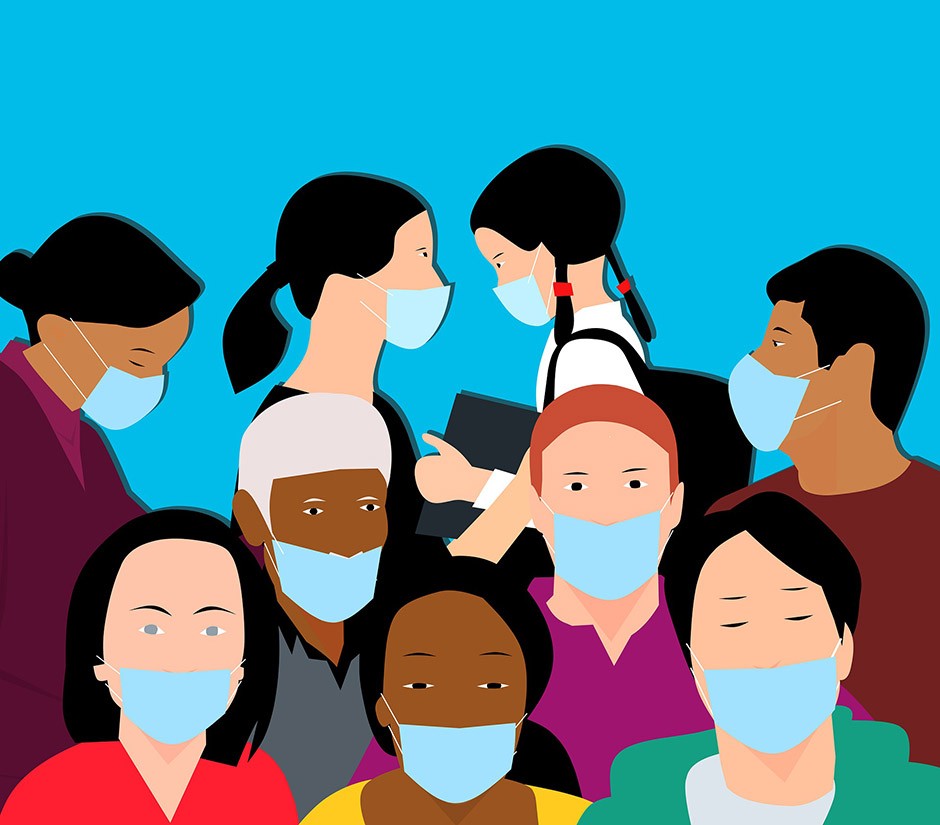Whether you’re coming back to campus this fall or starting to go into office again, a return to in-person activities is on the horizon. Of course, we should all get vaccinated, wear masks and practice social distancing to reduce the risk of getting COVID-19. But what about the nervousness surrounding social interactions that plagues us? What about our rusty social skills?
Staying at home during the pandemic helped reduce the number of infections and deaths, but it also left many of us feeling socially isolated and lonely. Research has shown that loneliness and social isolation can lead to cognitive decline and weaken our ability to make social connections. Thankfully, research that draws on treatment of social anxiety has some insights that may come in handy.
Are you anxious about others judging you? We are all emerging with varying levels of social awkwardness after our prolonged social hiatus. This may lead to a heightened fear of being judged in social situations. We must try to let go of this fear. Research has shown that we overestimate how much our peers judge us. In a research study where participants were asked to imagine committing a social faux pas, results showed that participants anticipated being judged very harshly. However, peer evaluations of their faux pas showed a much lower level of negative evaluation. Chances are, your peers are just as worried about humiliating themselves and are not focused on judging you. The best strategy is to relax and try to be yourself.
Are you feeling pressured to fill up your social calendar? It’s natural to experience FOMO and want to attend EVERY social event that you’re invited you. But experts warn that too much too soon might not be the answer – rushing into a crowded space when you’re emotionally unready may trigger panic and a slew of negative emotions. Take things slow – give yourself the flexibility to ease back into your social life. Try and see close friends first – those who you feel comfortable with. A lot of people have realized that the strength of close friendships and family ties has offset the loss of more distant and casual friendships. If you are feeling rusty about talking to strangers, try joining an online community and exchanging opinions with strangers to build up your confidence. This ensures that you don’t push yourself out of your comfort zone too quickly.


 A return to in-person activities is on the horizon. Image by mohamed Hassan from Pixabay.
A return to in-person activities is on the horizon. Image by mohamed Hassan from Pixabay.
 Hanging out with close friends/family is good place to start . Image by pisquels.
Hanging out with close friends/family is good place to start . Image by pisquels.
